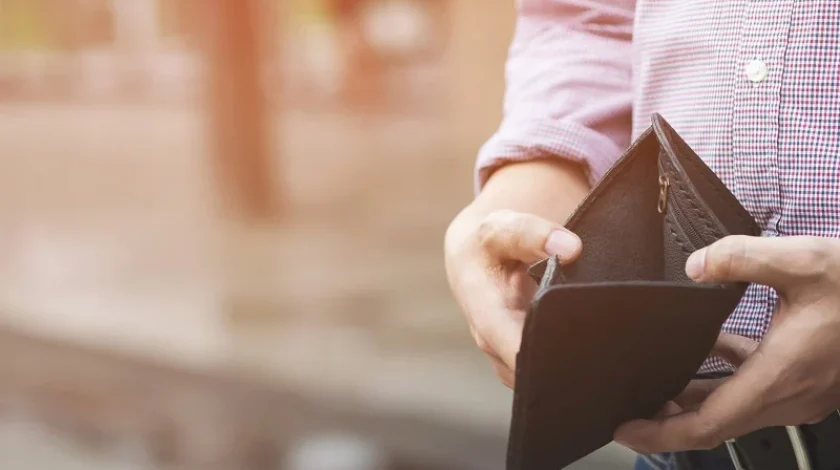The Federal Government has announced that they will ensure that COVID-19 testing expenses are tax deductible for testing taken by individuals to attend a place of work and that fringe benefits tax (“FBT”) will not be incurred by employers if they provide the COVID-19 tests to their employees for the same purpose.[1]
Prior to this announcement, there was uncertainty on the tax deductibility of costs of PCR and rapid antigen tests (“RATs”) taken by individuals to return to work. For employers, there was a question on whether the testing expenses would be subject to FBT if paid and/or provided by them.
What do you need to know?
The announcement is not yet law and we have yet to see draft legislation. The ATO has indicated that it intends to provide commentary once the measure is enacted.[2]
It is proposed that the changes will be backdated. In particular, the changes to make testing expenses tax-deductible will apply from 1 July 2021 (from the 2021-22 income year) and the changes to make the testing expenses exempt from FBT will apply from 1 April 2021 (from the 2021-22 FBT year).
On this basis, taxpayers should start to prepare their claims now in anticipation of future legislation applying to historical claims. The following considerations can provide a starting point:
- Did you pay for the expense? We expect that the person who can claim the deduction or FBT exemption will be the person who paid for the testing expenses and would not be reimbursed for the expenses. This would align with current tax rules on deductibility of work expenses. The question that should first be considered is: Who paid for the expense? Was it the employer entity, the employee or neither of them (e.g. the home-carer)?
- Is the expense connected with going to work? Can you prove that the testing expenses were incurred in going to work or in connection with the business? It is a settled tax principle that a tax deduction is only available for a cost incurred in the course of earning assessable income, or necessarily incurred in carrying on a business to earn assessable income. The following questions may be relevant:
(1) What evidence is required to show the connection? If you are an employee – do you need to obtain a statement from your employer (e.g. a formal statement or email) or keep a diary on your workdays? If you are an employer – do you need a statement from your employee saying that the testing kits were used for work purposes only? A testing kit used for other purposes (e.g. personal purposes such as attending a wedding that is not related to work) should not be deductible. Having said that, is it okay that the testing kits are used for a number of purposes as long as the non-work purpose is merely incidental?
(2) Is it required that the testing expenses are undertaken immediately before going to work? What happens if the testing expenses were undertaken days in advance – e.g. during the weekend?
(3) Is it necessary to prove that the exact testing kit is used by the employee for a work purpose? What happens if the testing kit is used by another family member, and you ended up using the kit purchased by the family member? For an employer – would they want to see that the testing kit provided is used at the work premises?
- Are you keeping all records? The ATO has recommended that “if you have incurred expenses in relation to COVID-19 tests you should keep a record of those expenses”. Under our existing tax rules, individuals are required to substantiate their work deductions. This can include keeping receipts and/or maintaining a record of the purchase (such as details of the supplier, amount of expense and the date the payment was made). Therefore, you should start compiling those records to substantiate the claims that you are likely to make once the measure is implemented.














